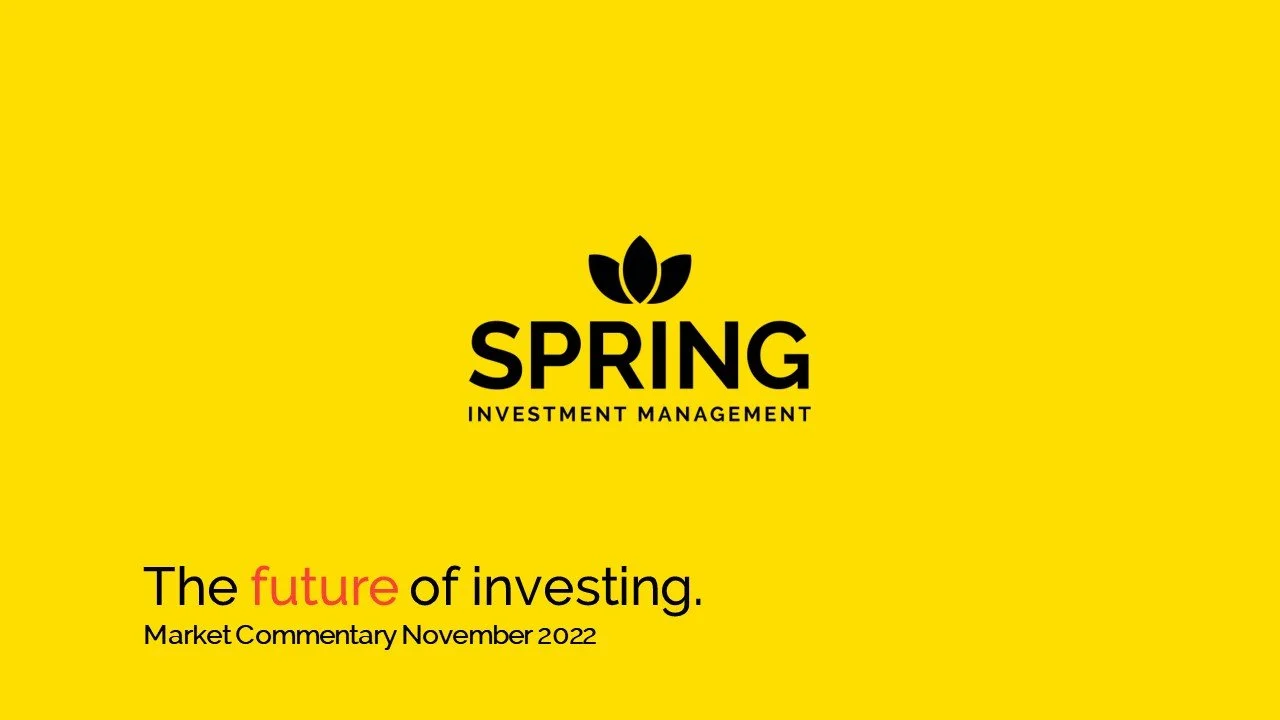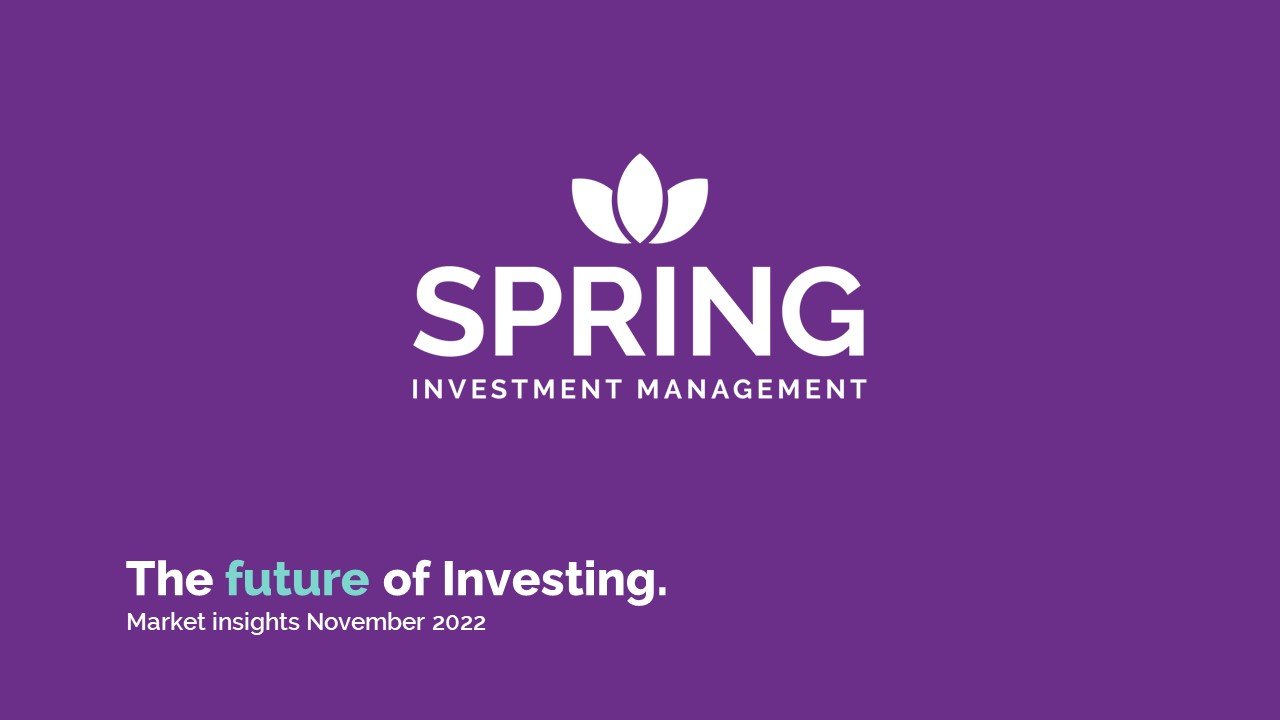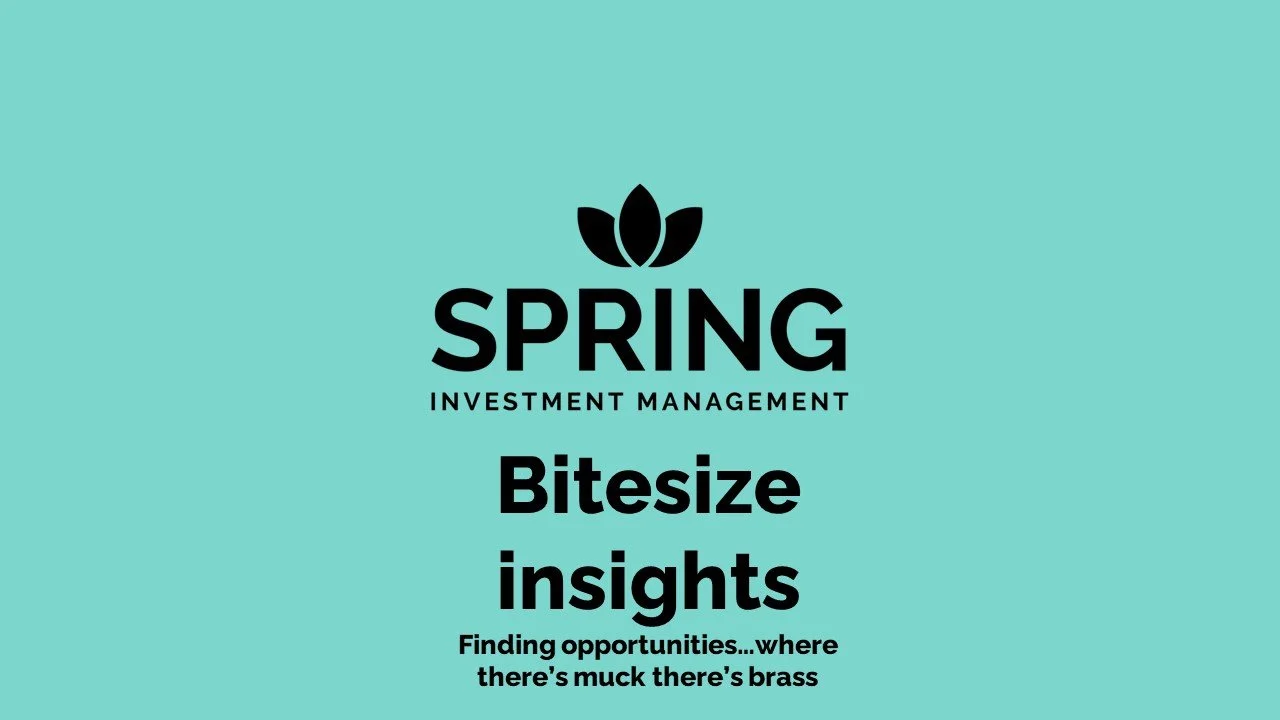January Commentary
UK MARKETS
Despite negative returns, the UK outperformed most developed markets in December. The UK declined but comfortably outperformed developed market peers in December. This performance was due, in some part, to index composition, with the FTSE comprised of a higher number of consumer staples and commodity-focused companies, which performed better. However, growth sensitive stocks languished, as PMI’s remained in negative territory but steadied, and yields rose. Inflation remains the key cause of concern, although there are signs that it is reaching a peak. The Bank of England raised interest rates 50 basis points higher, and it’s guidance remains hawkish going into the first quarter. Down -1.6% (UK All Share)
December Commentary
UK MARKETS - Political change leads to market stability and falling government yields. The UK opted for political change, trading Liz Truss and Kwasi Kwarteng for Rishi Sunak and Jeremy Hunt as Prime Minister and Chancellor, respectively. Equities responded positively to a more orthodox fiscal approach and greater political stability, while yields declined on UK government debt. From a sector standpoint, consumer related sub-sectors, such as travel/leisure and tobacco, performed best. The Bank of England is expected to raise rates at the November meeting. However, the consensus for future hikes has softened, with the latest PMI data signalling the country is moving into contractionary territory already. Up 3.0% (UK All Share)
An interesting year for the wealth management sector
Simon O’Donoghue, chairman of the Channel Islands Wealth Management Association, tells us why he co-founded the organisation, what it has achieved in its first two years, and what the sector can expect to see in 2023
Healthcare - Fit for all markets?
Timing exposure to segments of the healthcare sector has proved vital for investors.
Is technology-led investing the future?
Carmen Tyler, Head of Investment Solutions at Spring IM, explores the role of artificial intelligence and other tech-led solutions in investing.
November Commentary
Political change leads to market stability and falling government yields.
The UK opted for political change, trading Liz Truss and Kwasi Kwarteng for Rishi Sunak and Jeremy Hunt as Prime Minister and Chancellor, respectively. Equities responded positively to a more orthodox fiscal approach and greater political stability, while yields declined on UK government debt. From a sector standpoint, consumer-related sub-sectors, such as travel/leisure and tobacco, performed best. The Bank of England is expected to raise rates at the November meeting. However, the consensus for future hikes has softened, with the latest PMI data signalling that the country is moving into contractionary territory already. Up 3.0% (UK All Share)
Worried about the markets? - Don’t panic Mr Mainwaring
Do you feel like the news is all doom and gloom? Ever rising energy prices and food bills. Inflation. Increased mortgage costs. Strikes. Your travel plans out of kilter, either from a delay in receiving your passport, or trying to locate your lost luggage?
Is the inflationary environment leaving you feeling deflated?
While global equity markets have struggled over the past year, exposure to global natural resources has powered investor returns.
Diving into digital assets
As a business, investors and consumers increasingly embrace digital solutions, the diversity of investable asset types is set to increase significantly.
Finding opportunities…where there’s muck there’s brass
While the FTSE350 is down year-to-date, the performance of some sectors has been quite varied.
October Commentary
Recently announced government policy initiatives spooked the markets.
UK Chancellor Kwasi Kwarteng announced a range of policy measures which jolted risk-assets into reversal, notably a £45 billion proposal of debt-funded tax cuts at a time when inflation is running dangerously high. UK 10-year gilt yields spiked more than 120 basis points to 4.6% in just four days, which prompted the Bank of England to intervene and state it would purchase bonds ‘at what scale is necessary’ to maintain bond market stability. In response to the volatility, sterling sold-off and traded at a 37-year low versus the US dollar. Down -6.1% (UK All Share)
Local investment manager Spring IM expands team
Local investment manager, Spring IM, has appointed Chantal Botterill as Chief Operating Officer.
The future of investing
SPRING IM founders, Simon O’Donoghue and Alfie Greenway, who have more than 45 years’ experience in the sector, recognised that there are many islanders who would like the opportunity to invest their money but wouldn’t qualify in terms of their ‘wealth’ with existing on-island wealth management firms.
September Commentary
Inflation and a new PM lead to uncertain times for the UK. UK CPI rose to 10.1% to July 2022, up from 9.4% in June, with household budgets bracing for another energy price cap increase in October. The FTSE 100 fell less than US and European indexes, with Small and Mid-cap indexes down 2.03% and 5.46% respectively over the period. The UK is poised for more fiscal policy uncertainty under a new PM. Along with Europe, the energy crisis from Russia’s war in Ukraine looks set to put more pressure on UK food and energy prices. Down 2.4% (UK All Share)
Why now is a good time to invest
Many first-time investors ask a difficult question: Is now a good time to invest? The simple answer is… yes!
Find out from our experts why now is the right time to plan your long-term investment portfolio.
Do bonds lose the plot when inflation runs hot?
Wondering why bonds have struggled along with equities this year?
August Commentary
Falling commodity prices meant the FTSE100, due to its higher exposure to commodities, lagged other developed equity markets. The Bank of England is expected to increase interest rates by 0.5% as a means to cool inflation, with UK annual inflation rising to a 40-year high of 9.4% in the year to June 2022. While the Conservative Party decides shortly on who will lead the country next, UK economic growth is expected to slow as a result of multiple factors, including nationwide strikes. Up 4.2% (UK All Share)
The future of investing
Spring IM Chief Executive Simon O’Donoghue and Head of Investment Solutions Carmen Tyler on an investment platform for all
Emerging from a strong US dollar
In this current environment of rising rates and slowing economic growth, the US dollar (USD) has become a safe-haven asset, which usually leads to challenging times for emerging markets (EM).





















